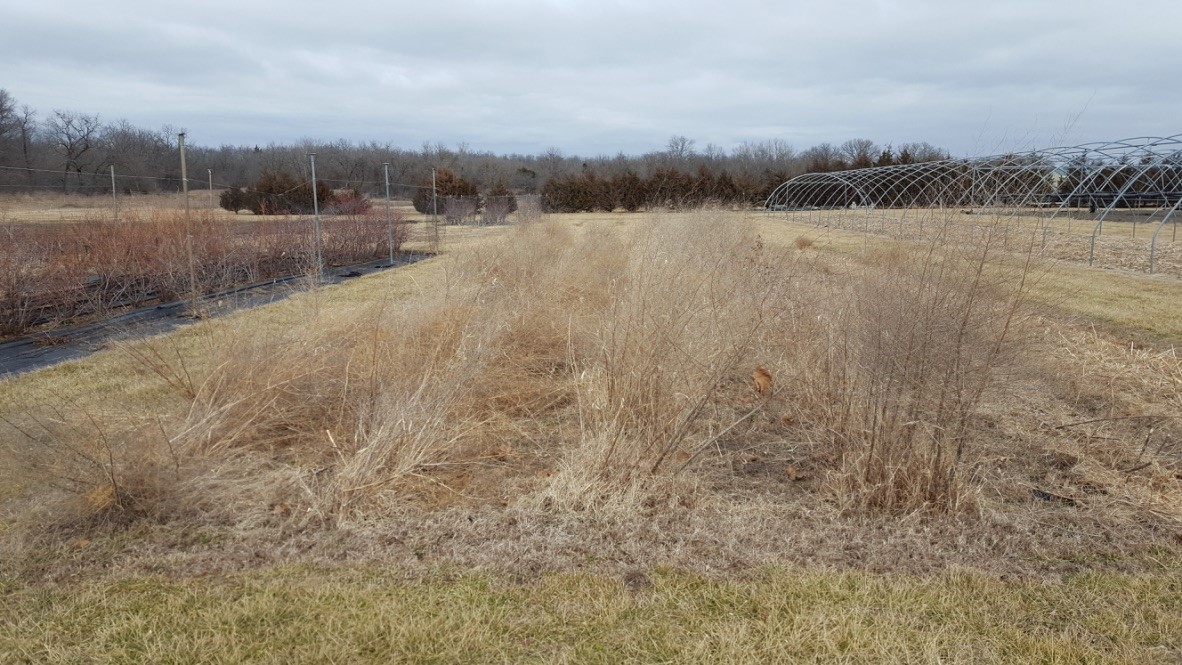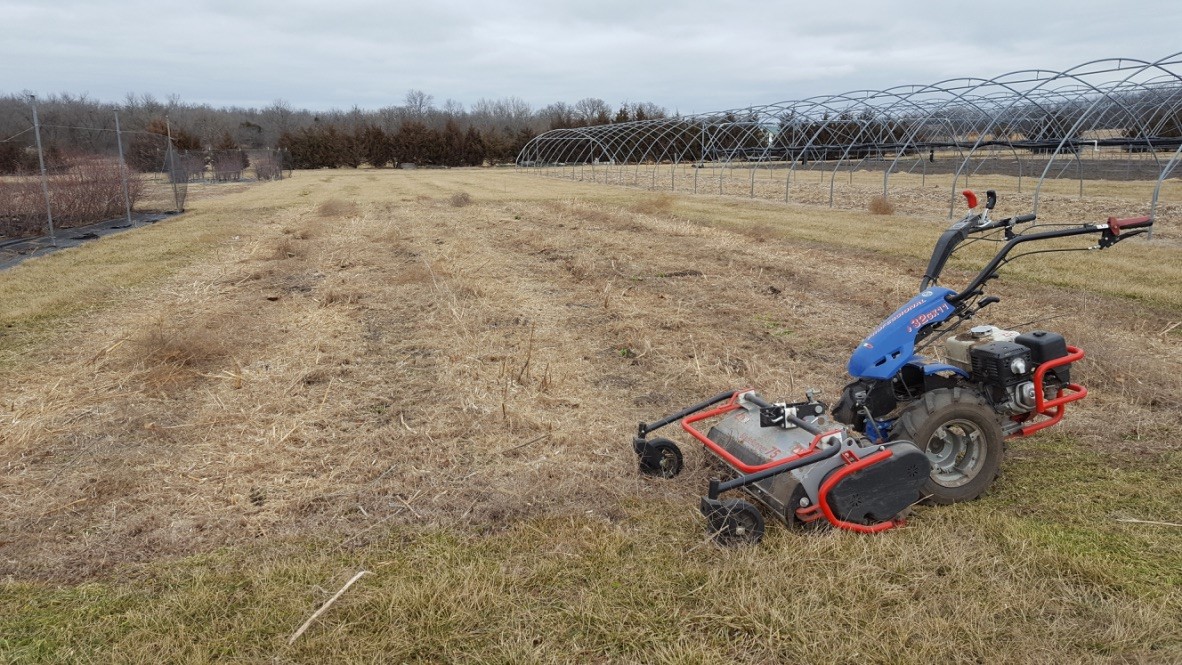Growing Asparagus
Though it is too early to plant asparagus, it is not too early to make plans and prepare the soil. This crop is a perennial and will survive for many years if given proper care. It prefers full sun and a well-drained soil and is usually placed on the edge of the garden area so that there is no need to till around the area to plant other crops.
Proper soil prep is especially important for perennial crops. Take a soil test to ensure proper levels of nutrients. See the accompanying article on how to take a soil test for the correct procedure.
Work the soil as early in the spring as possible but do not work wet soil as clods will form. Then add two inches of organic matter to the surface and the fertilizer and work again so the organic matter and fertilizer are blended into the soil.
Asparagus can be propagated from seed but is more often started from one-year-old crowns. These crowns are planted deeply; six to eight inches deep either in a hole for each crown or in a trench with shallower planting recommended for soils with more clay. Space plants 18 to 24 inches apart. Fill in the trench gradually over the growing season to encourage growth.
March 15 to April 15 is the best planting time. Adapted varieties include Jersey Giant, Jersey King, Jersey Knight, Jersey Supreme and Purple Passion. These are all male hybrids that will produce three times as much as our old Martha or Mary Washington varieties. Males have a number of advantages over females in that they live longer, emerge earlier in the spring, are more productive and eliminate potential volunteer plants that can reduce the productivity of a planting.
Weed control is very important. Competition with weeds results in slow establishment. A shallow hoeing should be all that is needed.

Asparagus fern should be left to grow during the summer and fall to build up reserves in the below ground plant parts.

Late winter is a great time to cut down dead ferns and make space for tender spears and spring harvest.
Zac Hoppenstedt, Small Farms Horticulture Agent